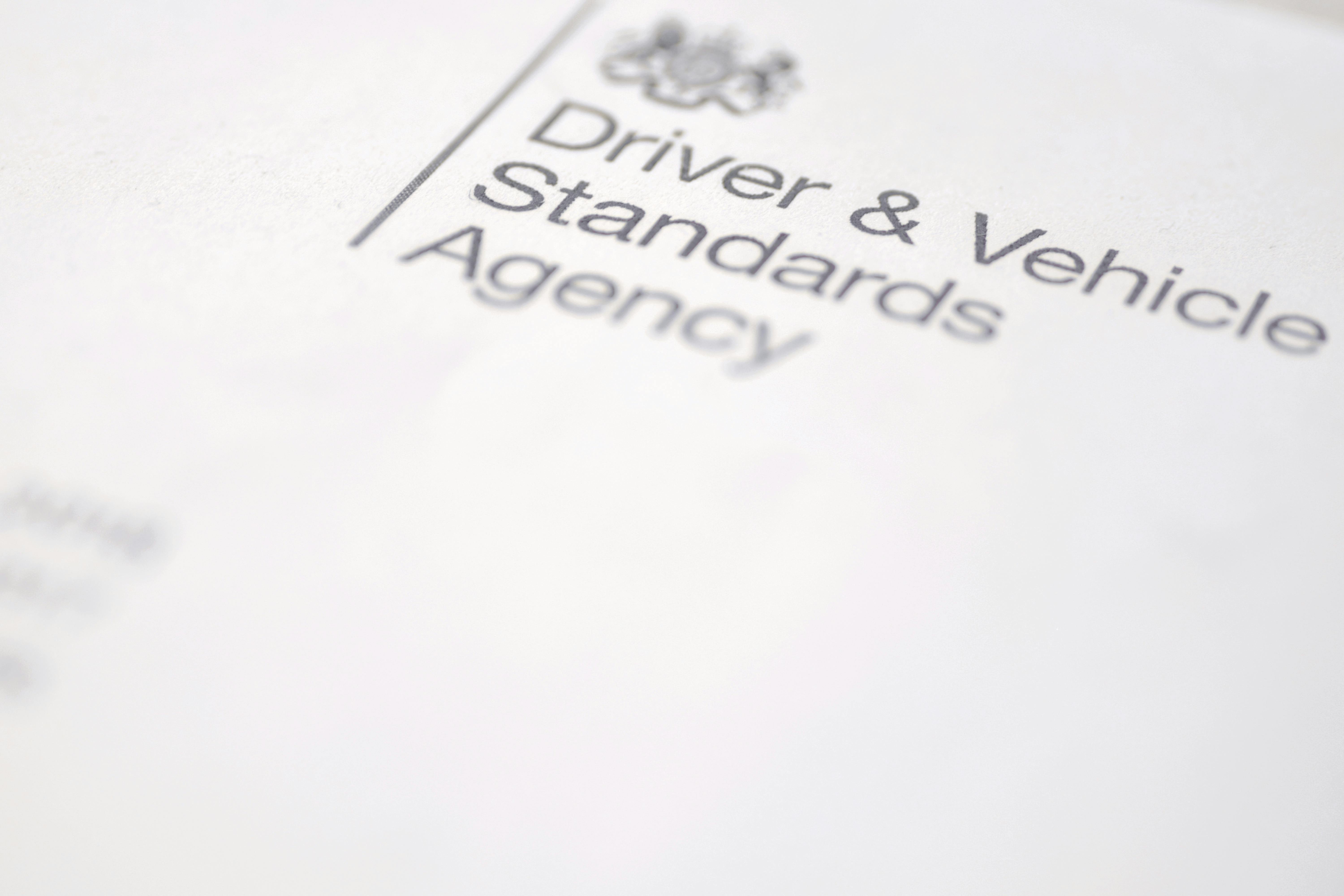Resources
Our specialist knowledge hubs
Looking for advice in a specific area?
Visit our hubs for curated content on selected key topics:
All resources

The difference between domiciliary and residential care
Domiciliary and residential care share similarities, but if you’re thinking about setting up a domiciliary care business or weighing up care options for a loved one, what are the differences and advantages of each?

Winter contingency plans for care homes
To manage risk in your care home, we look at what to consider when it comes to setting out effective winter contingency plans, and how care home insurance can help cover the cost if the unexpected does happen.

Guide to Care Quality Commission assessments
The Care Quality Commission inspects care homes to ensure they meet quality and safety standards. To help you prepare, we look at CQC requirements, what’s involved, and how the result affects your care home insurance premium.

Managing resident safety risks in care homes
Care home insurance can help mitigate the financial impact of accidents and mistakes, but avoiding unnecessary risks in the first place should be a priority. We look at how to manage resident safety and implement effective risk assessments.

Cars suitable for learner drivers
We look at the top five cars suitable for learner drivers that will also help you keep costs down.

Cyber insurance lessons from Marks & Spencer, Co-op, and Harrods
We take a look at the cyber attacks on Marks & Spencer, Co-op and Harrods and how you can protect your business from cyber threats.

Guide to setting up a care home
Setting up a care home comes with strict rules. We look at your obligations and why care home insurance is an essential part of registration.

A guide to buying travel insurance
If you’re heading off on holiday this year, you’re probably counting down the days to departure. But have you remembered to arrange travel insurance cover? Here are some key dos and don’ts to bear in mind before you buy.

Common mistakes when making a business insurance claim
Underinsurance is often just one of many factors that can lead to business insurance claims being delayed, partially paid or declined altogether. To help you minimise losses, we identify mistakes often made before and during the claims process.

Rules for learner drivers: a complete guide
Before you venture out without your driving instructor, it’s vital to know what you can and can’t do while you’re still learning; here’s what you should know.

Can a learner driver have passengers?
To help you stay on the right side of the law, we look at what the rules for learner drivers are when it comes to carrying passengers.

Can you buy a car with a provisional licence?
We look at whether or not you can buy a car with a provisional driving licence and what the rules are around car ownership and learner driver insurance.








